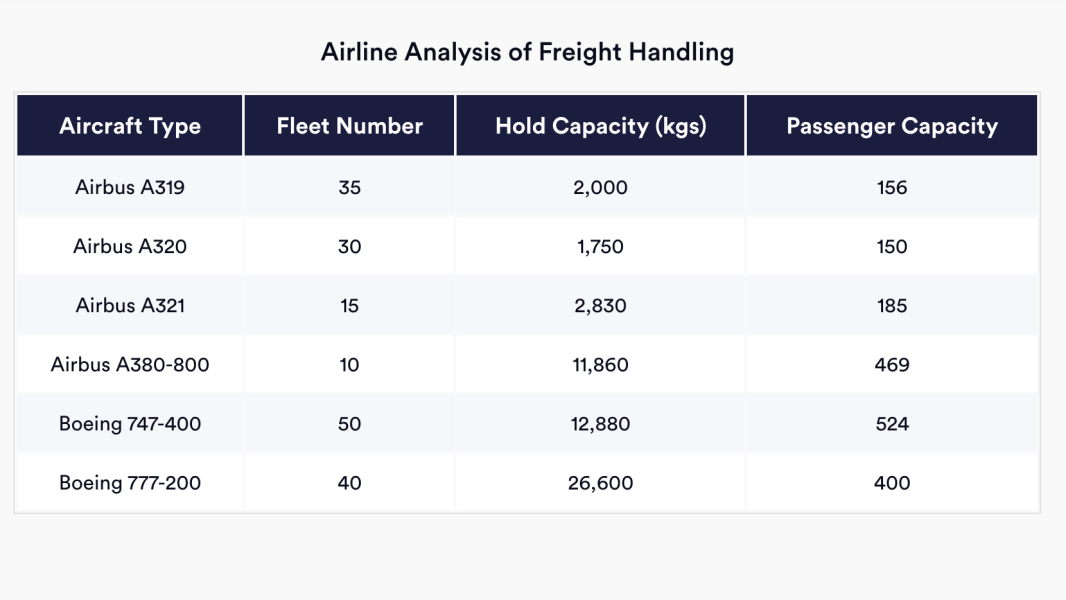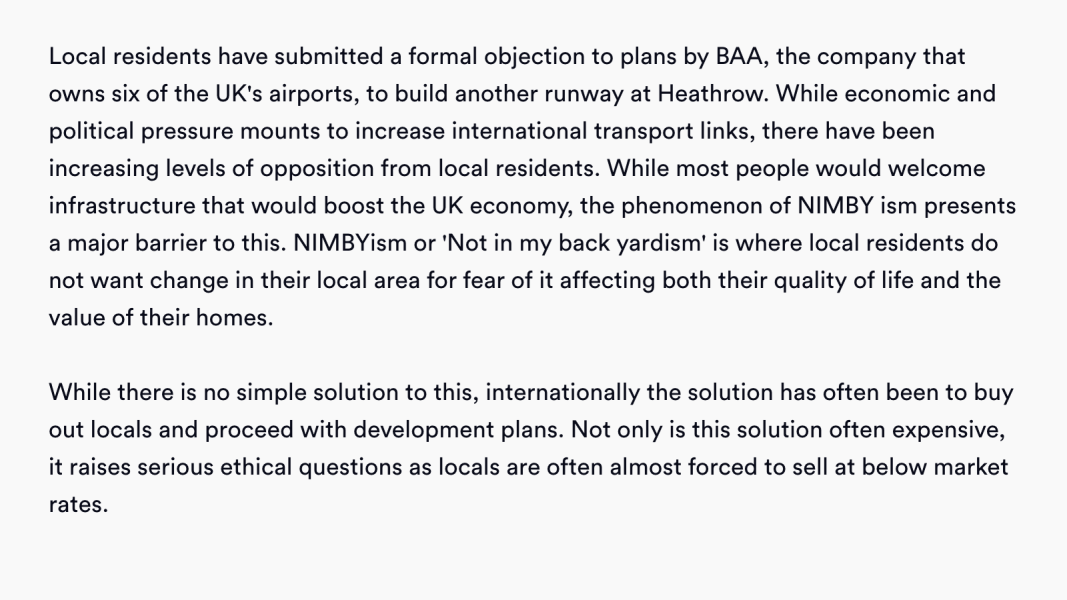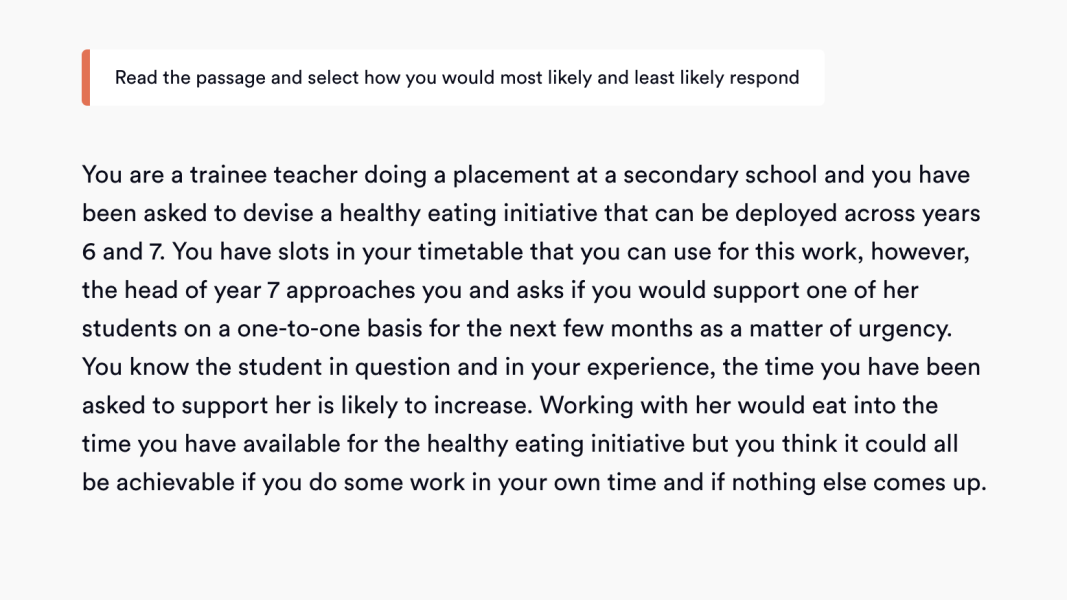What is a Cappfinity test?
Cappfinity, also known as CAPP, is a psychometric test publisher and business measurement consultancy. Founded in 2005 by positive psychology and strengths experts Dr. Alex Linley and Nicky Garcea, Cappfinity has established itself as a leader in forward-thinking end-to-end recruitment solutions.
Its strengths-based aptitude test assessments use a scoring system different from other psychometric tests. They have no set time limit but – along with accuracy – the time taken to answer each question contributes to your overall score. This means you have as long as is needed to complete the test, but speed remains crucial to a competitive result.
Cappfinity tests are also adaptive meaning having different levels of difficulty. The better you perform in those career tests, the harder the questions become. Equally, if you begin to struggle, the questions presented to you will become easier. Taking all of this into account, a Cappfinity test aims to inform employers of your optimum performance level.
You may see Cappfinity tests referred to as CAPP assessments. Until November 2020, CAPP was the UK brand, with tests in the US and Australia published under Cappfinity. The company has now rolled out the universal Cappfinity brand, so while the name may still vary, the tests are the same.
Our tips and free practice questions will help you increase your chance of success in your Cappfinity test.
Cappfinity aptitude tests
The main areas covered by Cappfinity aptitude tests are verbal skills, numerical skills, and critical thinking skills. As they are adaptive assessments, and Cappfinity has such a large question bank, it’s virtually impossible for two candidates to ever sit the same test. However, the structure and format remain the same.
You may also sit a Cappfinity situational strengths test to determine if there is the right culture fit between yourself and the prospective employer.
Their unique approach to psychometric online tests has made Cappfinity-style tests popular, particularly in the financial, services, and engineering sectors.
Cappfinity numerical reasoning test
As with any numerical reasoning test, the Cappfinity version is designed to measure your ability to assess, interpret and draw conclusions from data sets, typically presented through tables and graphs. However, as there is no time limit, the questions are a little more complex.
You’ll face three question types. Multiple choice (where you’ll pick the right answer), ranked questions (where you’ll place several items in the right order), and free-form questions (where you’ll be required to perform a calculation and input your answer into a text box).
Remember, these tests are adaptive, so the difficulty of each question will depend on your performance prior.
Example numerical reasoning question
An Airbus A321 takes off full. If the average bag weighs 12kgs, how many bags are there on the plane per passenger?
- 1) 1.18
- 2) 1.21
- 3) 1.24
- 4) 1.27
The answer is number 4. The total number of bags is: 2,830kg / 12 =235.8
The average number of bags per passenger: 235.8 / 185 = 1.27
Cappfinity verbal reasoning test
Cappfinity’s verbal reasoning tests look at various aspects of verbal comprehension and ability through five different question types.
Drag-and-drop questions require you to tailor your communication style, matching responses to statements based on appropriate tone, and drop-down questions ask you to fill in blanks to form a complete and correct sentence.
Ranked questions test your interpretation skills, asking you to rank a series of statements from most to least positive, and correctional questions require you to highlight grammatical, spelling, and punctuational errors.
There are also the more common verbal reasoning questions, where you’ll refer to a passage of text and choose from true, false, or cannot say in response to several inferences and conclusions.
Example verbal reasoning question
Statement: Local Heathrow residents are refusing to use the sixth runway if it is built.
- 1) True
- 2) False
- 3) Cannot tell
The answer is cannot tell – the passage does not provide the number for a new runway. Nor does it specify whether or not the local protesters would refuse to use it (should it be built).
Cappfinity critical reasoning test
In a Cappfinity critical reasoning test, you’ll be scored on various aspects of critical thinking. This regards your ability to recognise assumptions, evaluate arguments, interpret written information, draw logical conclusions and make a sound judgement on inferences.
All skills will be measured through multiple-choice questions. A passage of text will be given along with several statements, to which you’ll need to choose one response by the question type.
Cappfinity situational strengths test
Cappfinity situational strengths tests are used to help employers understand a candidate’s approach to problem-solving in the workplace, and how well their professional competencies align with the responsibilities of the role on offer, as well as company culture as a whole.
Situational strengths tests are tailored to the needs of the employer in question, and since each will have different criteria against which they measure applicants, these assessments vary. That said, the structure will be the same regardless.
You’ll be given multiple hypothetical work-based scenarios and a set of actions in response. You’ll rank these in order of which you would be most likely to take to least.
Example situational judgment test question
Read the passage below and select how you would most likely and least likely respond.
- 1) Explain that you have other priorities right now but suggest that as soon as you complete the healthy eating initiative you could start working with the student in question.
- 2) Tell the head of year 7 that you would love to work with this student on a one-to-one basis and look for other opportunities to work on the healthy eating initiative.
- 3) Agree to support the student but say that if the time required to support her should grow then the head of year 7 will need to find someone else to work with her.
- 4) Explain that you have a lot on at the moment but suggest that you could help the head of year 7 to find someone else who may be able to support this student.
The best answer for most likely is 2. Tell the head of year 7 that you would love to work with this student on a one-to-one basis and look for other opportunities to work on the healthy eating initiative.
The best answer for least likely is 4. The head of year 7 has asked you specifically to support this student. This means she must believe you could do a good job. When you are on placements like this, it is wise to grasp every opportunity you can. If you are not comfortable going the extra mile you might not get asked again! It may feel like you are being helpful by offering to find someone else but the head of year 7 is more than capable of doing this for herself.











